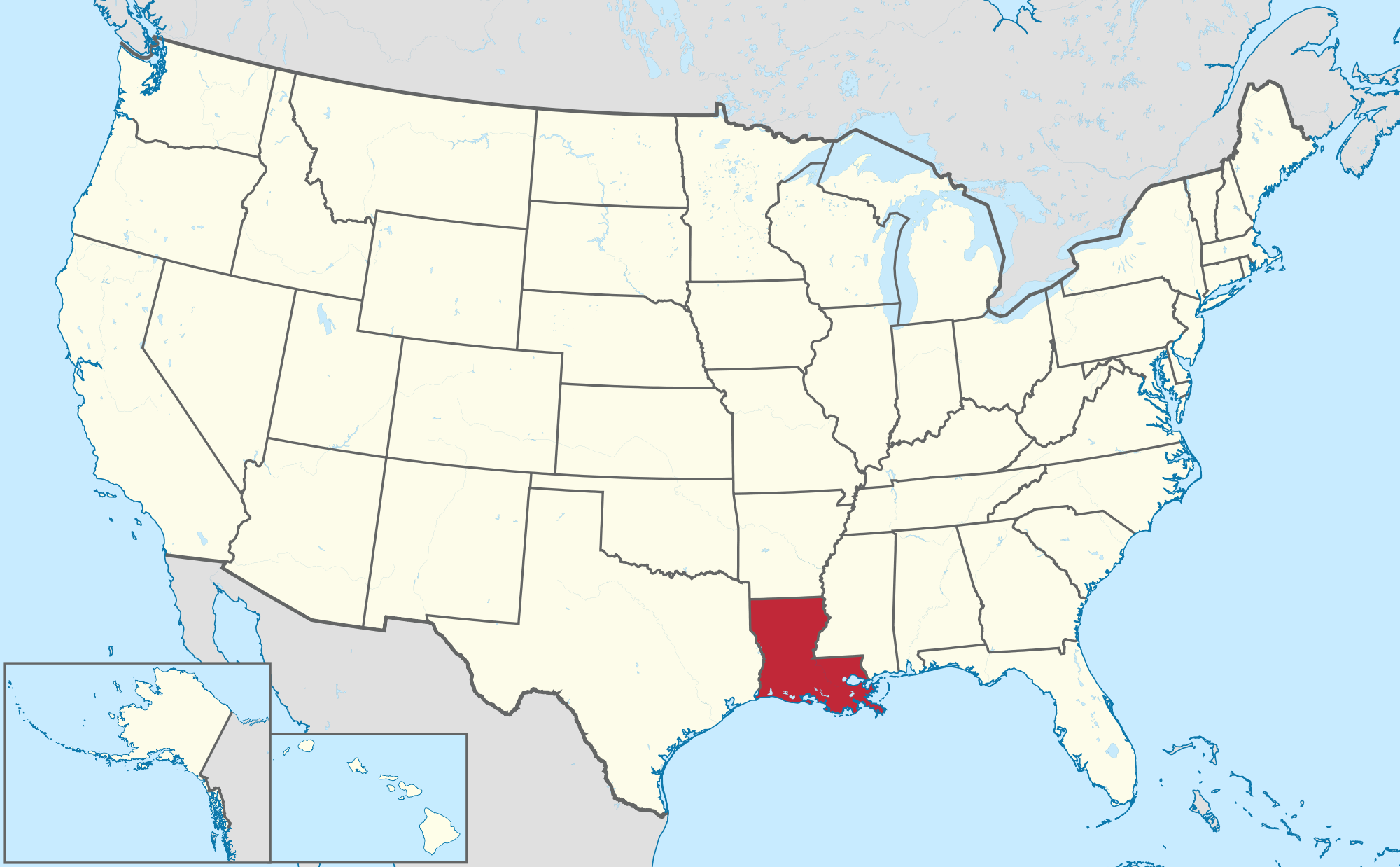LOUISIANA – The police reform movement in Louisiana won a major victory this week when HB 609 by Rep. Edmond Jordan was passed out of the Louisiana House of Representatives with 53 votes, the exact number needed for passage. The bill will next be debated by the Senate Judiciary B committee.
Jordan’s legislation prohibits qualified immunity as a defense for officers who use unreasonable force in the line of duty and cause death or injury. If passed by the Senate and signed into law by Governor John Bel Edwards, Louisiana will become a leading state in protecting citizens and their families who are harmed by officers using unreasonable force.
It aims to address only the “bad actors” when officers use unreasonable force and cause death or injury and has been approved as being good for law enforcement and the public.
Rep. Jordan has been working on this legislation for two years with police and sheriff’s associations as well as with a 25-member bipartisan Qualified Immunity Task Force. Organizations representing law enforcement and their families as well as stakeholders from across Louisiana also participated.
The instrument states that no element of qualified immunity shall be available to peace officers as a defense to liability for claims brought under the laws of Louisiana for wrongful death, physical injury or personal injury inflicted by peace officers through any use of physical force in a manner determined by the court to be unreasonable. Peace officers include commissioned officers, sheriffs and their deputies, marshals and their deputies, correctional officers, constables, wildlife enforcement agents, state park wardens, probation and parole officers, military police officers, security personal employed by the Louisiana Supreme court or the appeals courts, an officer, employee, contract worker or volunteer with any prison, jail, work release facility or correctional institution. The definition also includes any employee of the state, a municipality or other public agency whose permanent duties including making arrests, performing searches and seizures, executing criminal warrants and preventing or detecting crime or enforcement penal, traffic or highways laws of this state.
The definition of malfeasance in office has also been expanded to include a full or part time individual or reserve peace officer who knowingly or with reckless disregard either refuses or fails to perform any duty lawfully required of him or her as a peace officer or perform such duty in an unlawful manner.
If a judgement is rendered in favor of the defendant peace office, then all costs, expenses and attorney fees shall be paid by the party bringing the action against the police officer.
Jordan made an impassioned plea on the House floor for passage. “I came here to do the work the people brought me here to do. I am doing this for my kids, their kids, everybody’s kids,” said Jordan. “We live in two different Americas. We live in two different Louisianas. And some of the issues we have to face, I hope you never have to face.”
Jordan continued that the bill is about deeds and truths. “Your vote is your deed. Your vote in your truth. There is something about having a moral compass and being empathetic about others’ views.”
Jordan implored his fellow legislators to respect the legislative process as it related to bills being introduced by Blacks. “This [bill] is something we worked on. What is the incentive to get together and vote if at end of day it amounts to nothing. Far too often you set a goal for us and we achieve it and then you move it again. It’s like Charlie Brown with the football and then Lucy takes it. You can’t keep moving goal post. We created a Task Force. We created a compromise bill and then they want to tack amendments to it. It’s just exhausting. It’s frustrating,” Jordan admonished legislators.
He finished his closing remarks by vowing to do more in four years than most people do in twelve. “If we can’t adequately serve our community, we don’t need to be here. I take that responsibility. I take my job very seriously.”
First elected to the State House in 2016, Jordan resides in Brusley, Louisiana in West Baton Rouge Parish. A graduate of Southern University and Southern University Law Center, he will turn 50 next month.






